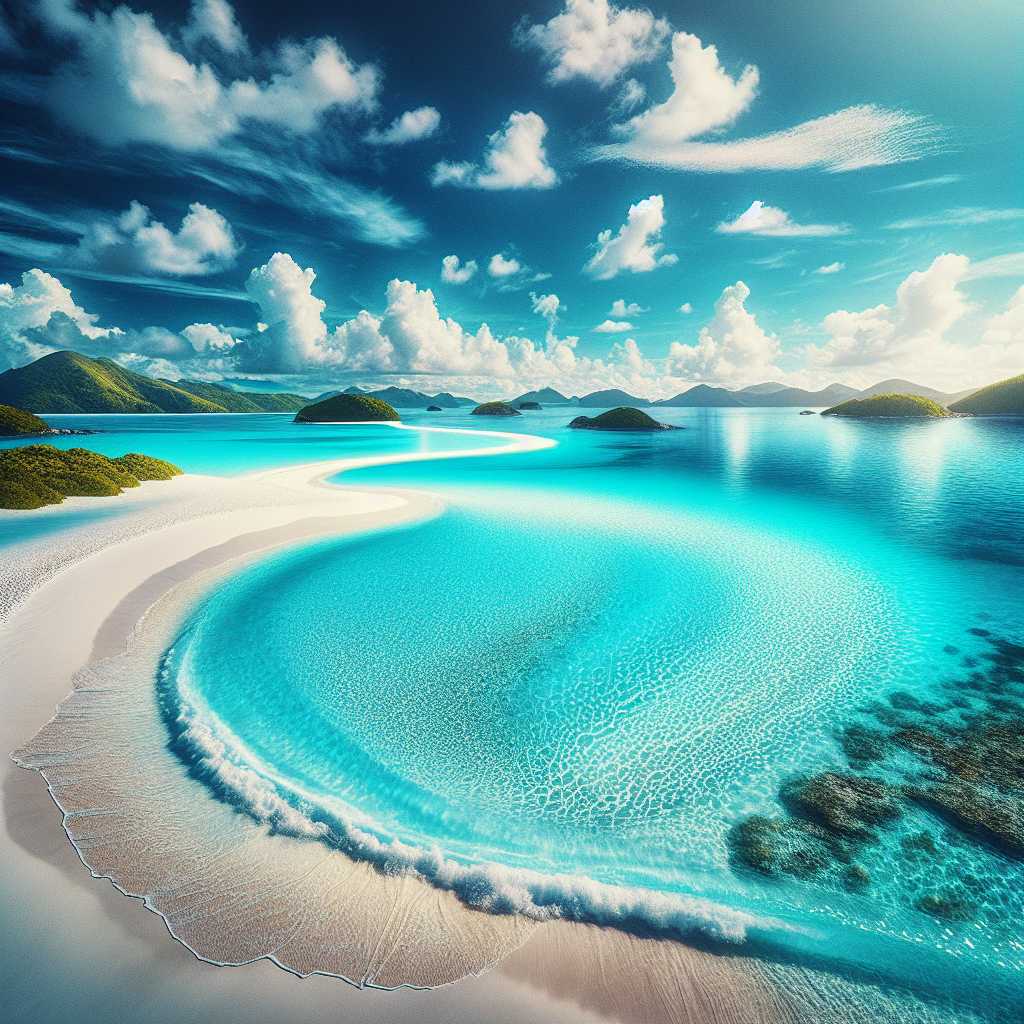Understanding the Context
The Balkans, a region in Southeast Europe known for its stunning landscapes, diverse cultures, and rich history, has traditionally been a popular destination for holidaymakers seeking a mix of sun, sea, and culture. Countries like Croatia, Montenegro, Albania, Bosnia and Herzegovina, and others have seen a surge in tourism in recent years. However, the global pandemic caused by COVID-19 has had a profound impact on travel across the world. Many Balkan holidays have been disrupted or canceled due to travel restrictions, lockdowns, and safety concerns.
Challenges Faced by Travelers
The cancellation of Balkan holidays has left many travelers facing uncertainty and disappointment. Flights have been grounded, accommodations closed, and attractions shuttered as countries scrambled to contain the spread of the virus. Travelers who had eagerly anticipated exploring the picturesque coasts of Croatia, hiking in the mountains of Montenegro, or discovering the historic beauty of Bosnia and Herzegovina found their plans abruptly derailed.
Implications for Tourism Industry
The Balkans rely heavily on tourism as a vital economic lifeline. The sudden halt in holiday activities has dealt a severe blow to the tourism industry in the region. Hotels, restaurants, tour operators, and local businesses that depend on tourists for their livelihoods have been left reeling from the impact of cancellations. Governments in the Balkans have been forced to implement extensive support measures to prevent a collapse of their tourism sectors.
Resilience and Adaptation
Despite the challenges posed by canceled holidays, there is evidence of resilience and adaptation within the tourism industry. Countries in the Balkans have been exploring innovative ways to engage with tourists virtually through online tours, cooking classes, and cultural experiences. Some destinations have also focused on domestic tourism to mitigate the loss of international visitors. This period has prompted a reevaluation of strategies to make tourism more sustainable and resilient in the long term.
Looking Forward: Post-Pandemic Recovery
As vaccination efforts gain momentum and countries gradually reopen their borders, there is cautious optimism for the revival of Balkan holidays. Governments are working on implementing health guidelines and safety protocols to reassure travelers about visiting the region safely. Tour operators are also offering flexible booking options and enhanced sanitation measures to rebuild trust among potential visitors. The post-pandemic recovery phase presents an opportunity for the Balkans to reinvent their hospitality sector and emerge stronger from this challenging period.
Notes
- Tourism accounts for a significant portion of GDP in many Balkan countries.
- Over 90% decrease in international tourist arrivals recorded across the Balkans during peak travel restrictions.
- Croatia’s coastline is a major attraction for tourists looking for sun-soaked holidays.
- Montenegro’s Tara River Canyon is one of the deepest canyons in Europe.
- Albania’s UNESCO World Heritage sites like Berat and Gjirokaster attract history enthusiasts.
tQmnx

